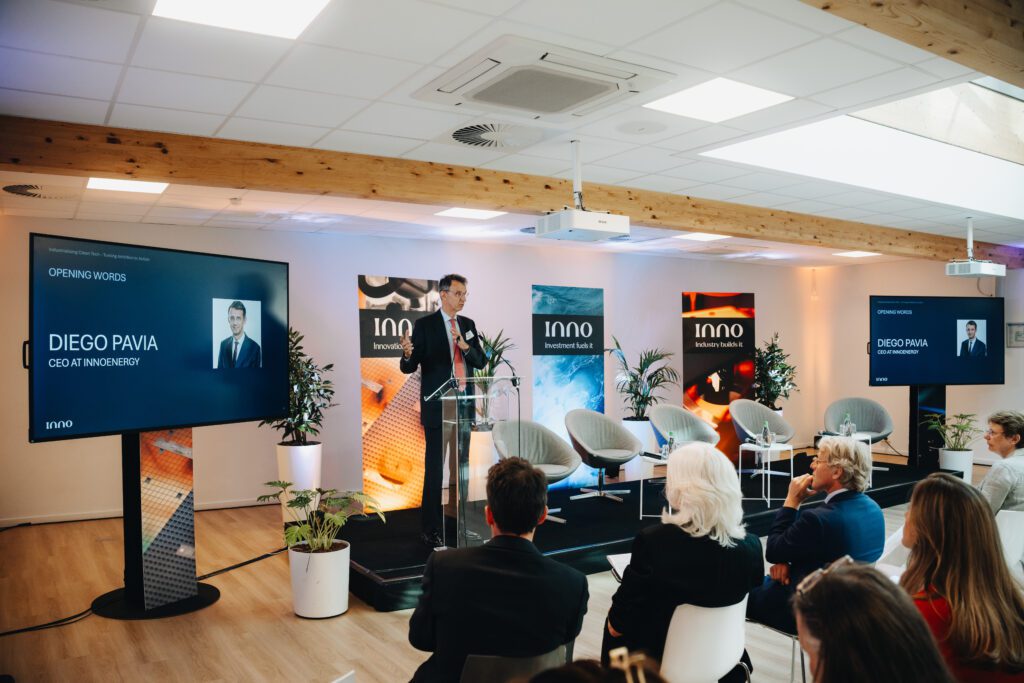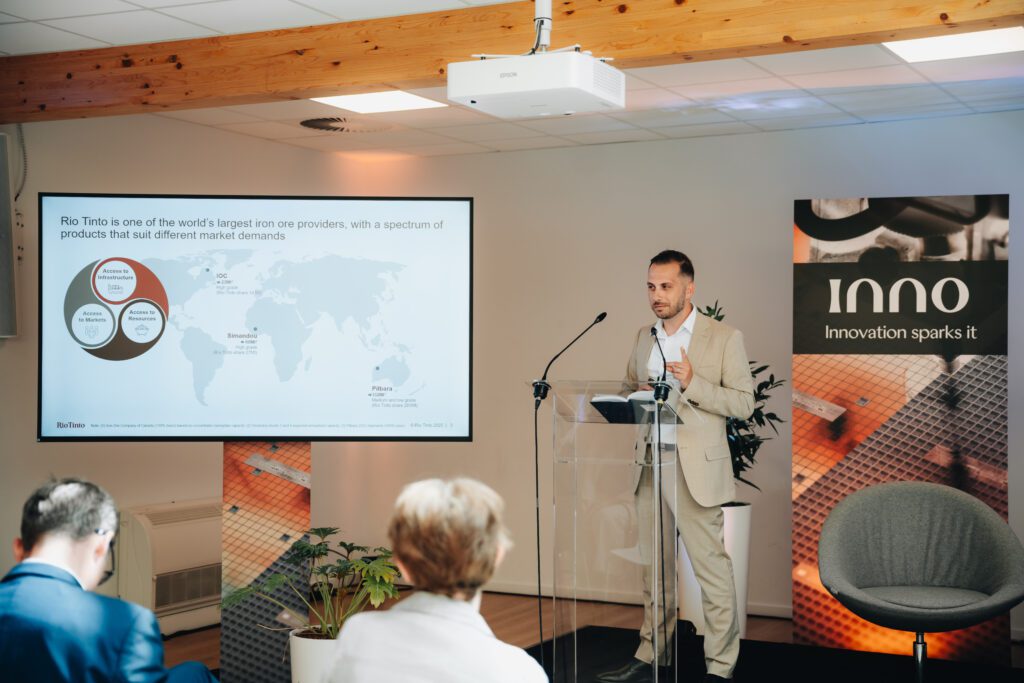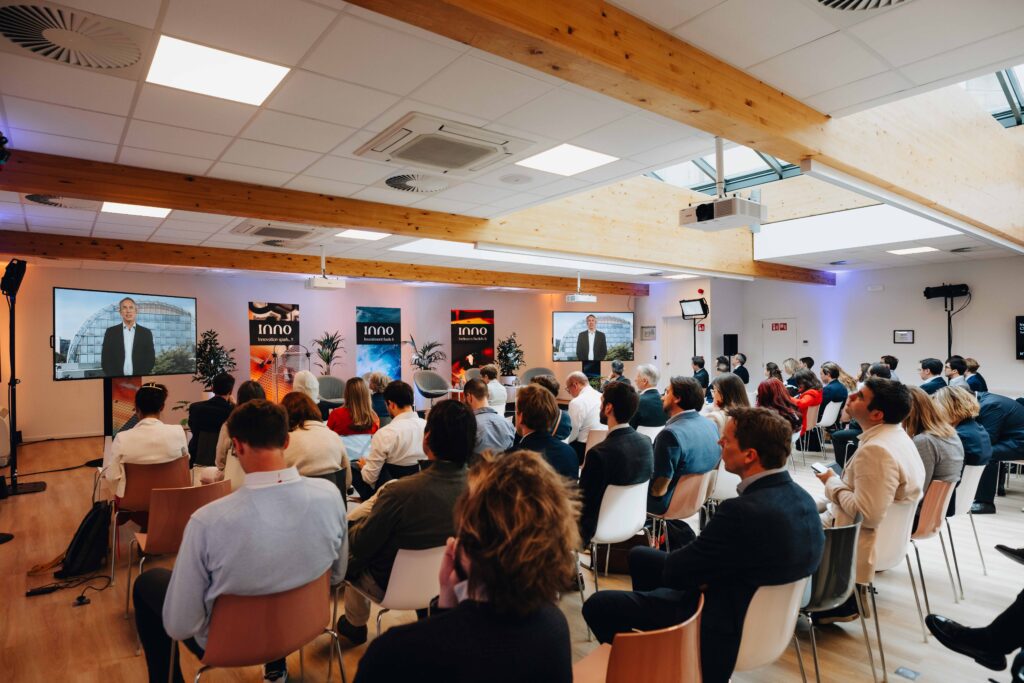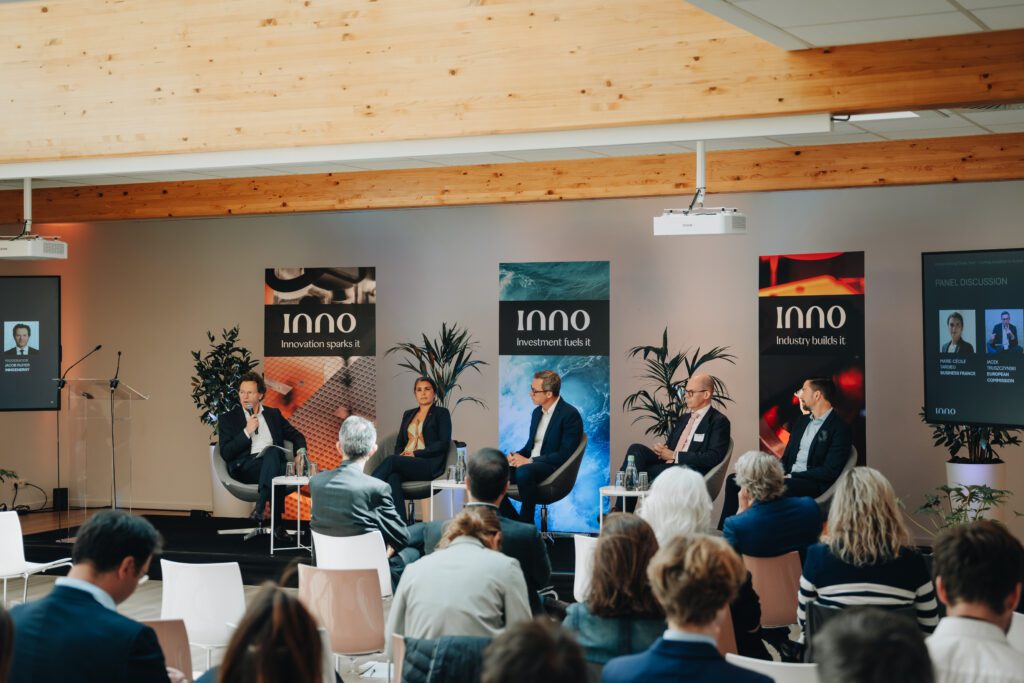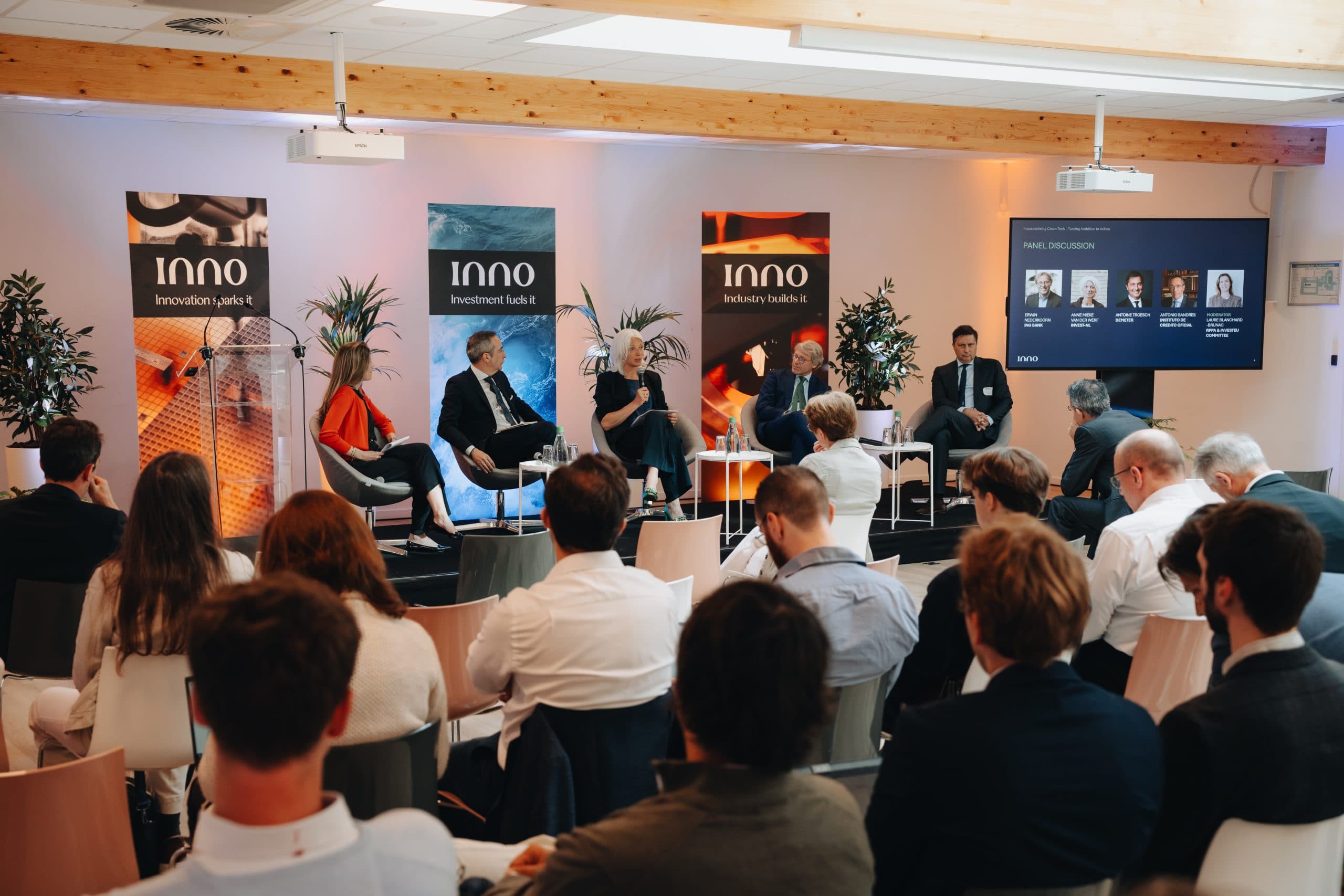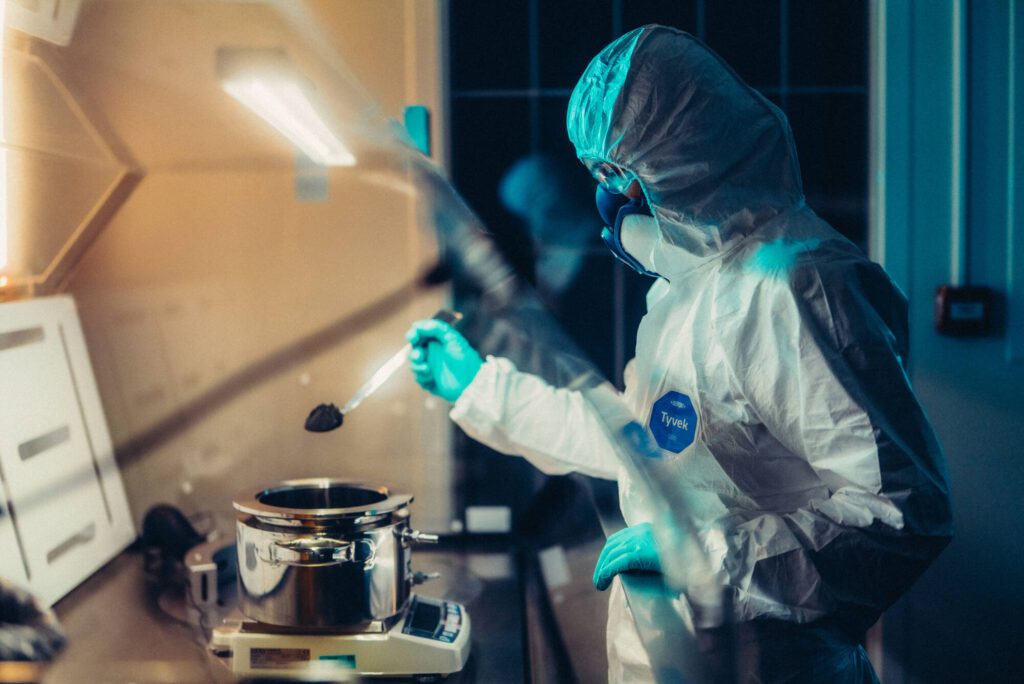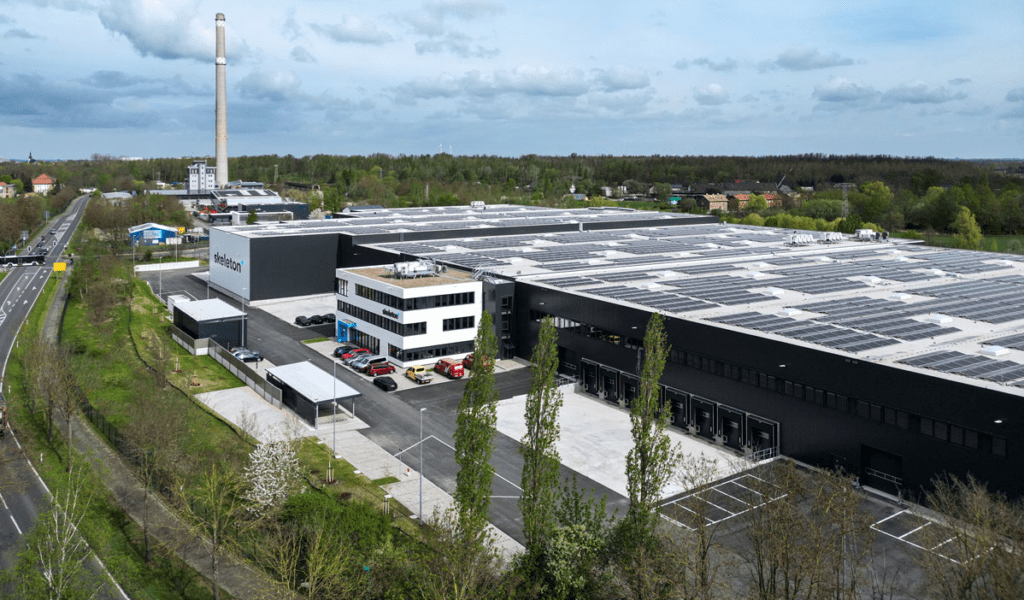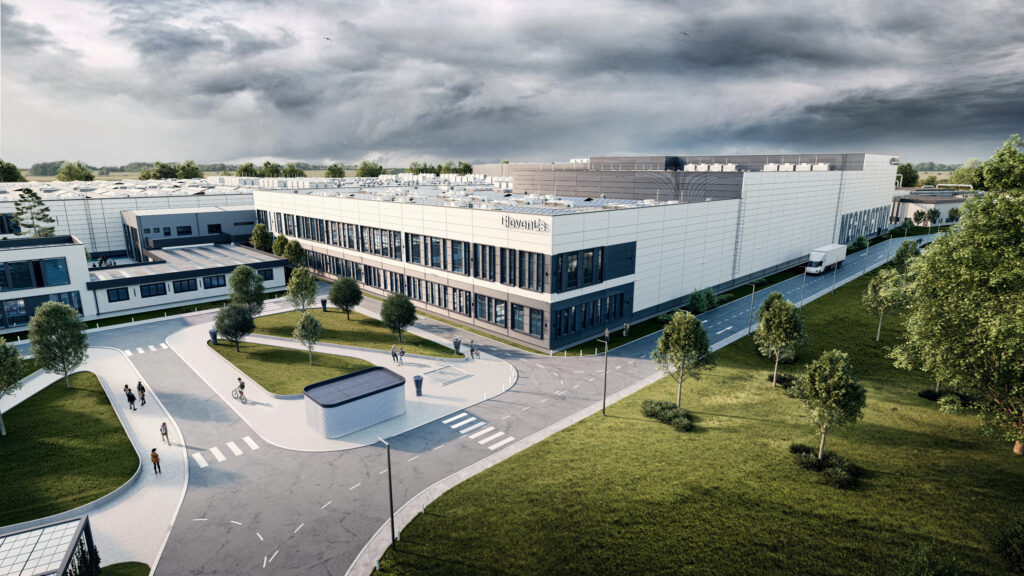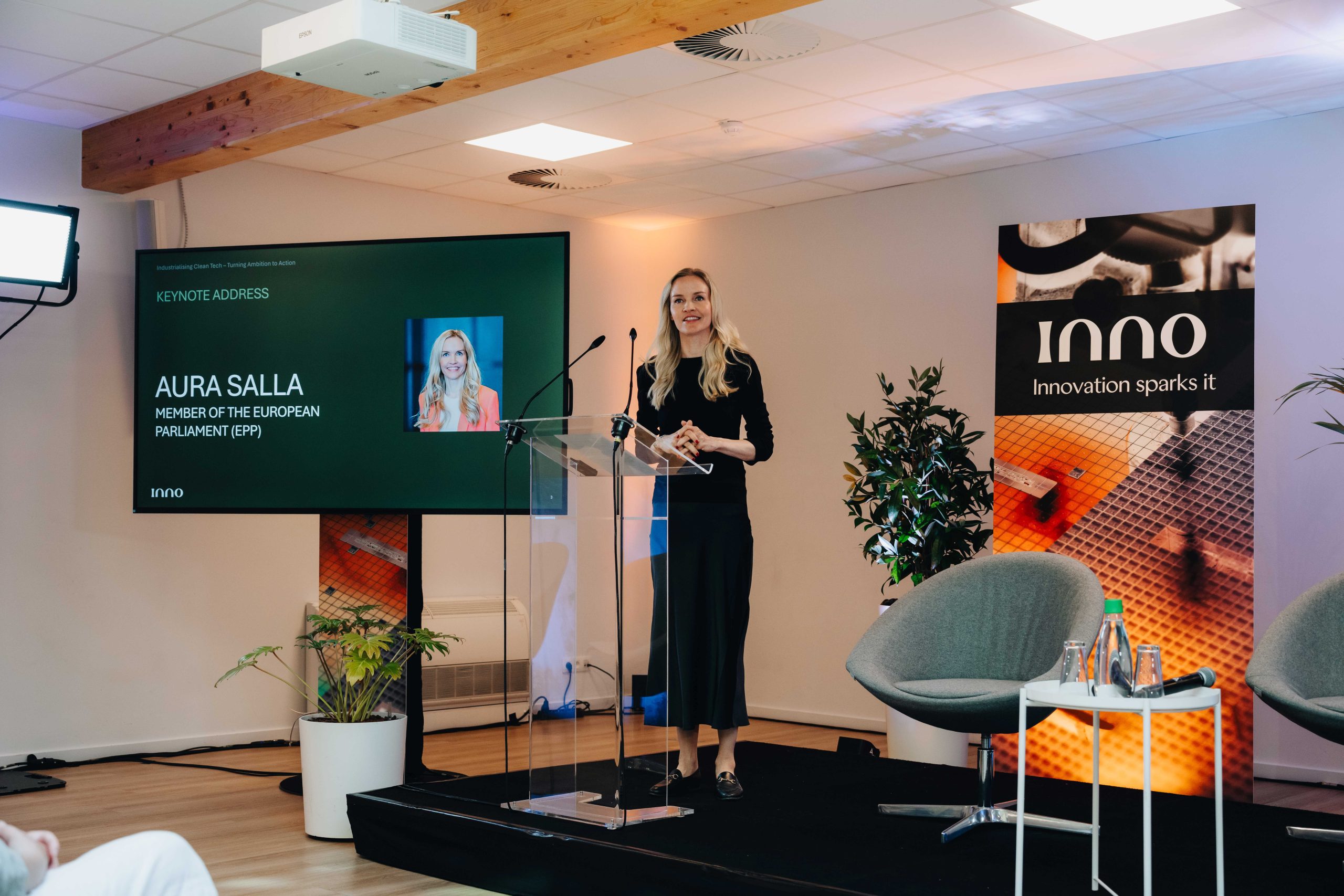
This week in Brussels, InnoEnergy convened public and private investors, policymakers, industry leaders, and startups to explore how Europe can successfully scale and industrialise clean tech. The event focused on identifying key success factors and best practices, offering hands-on insights from those actively driving projects on the ground.
The day was opened by InnoEnergy CEO Diego Pavia, followed by a keynote address from MEP Aura Salla, who stressed that Europe must not go back on its climate targets. She underlined that climate action and strategic autonomy must be the twin drivers of Europe’s industrial strategy, and emphasised that the EU’s new Clean Industrial Deal should facilitate a more business-friendly environment for clean tech.
A European investment plan fit for purpose
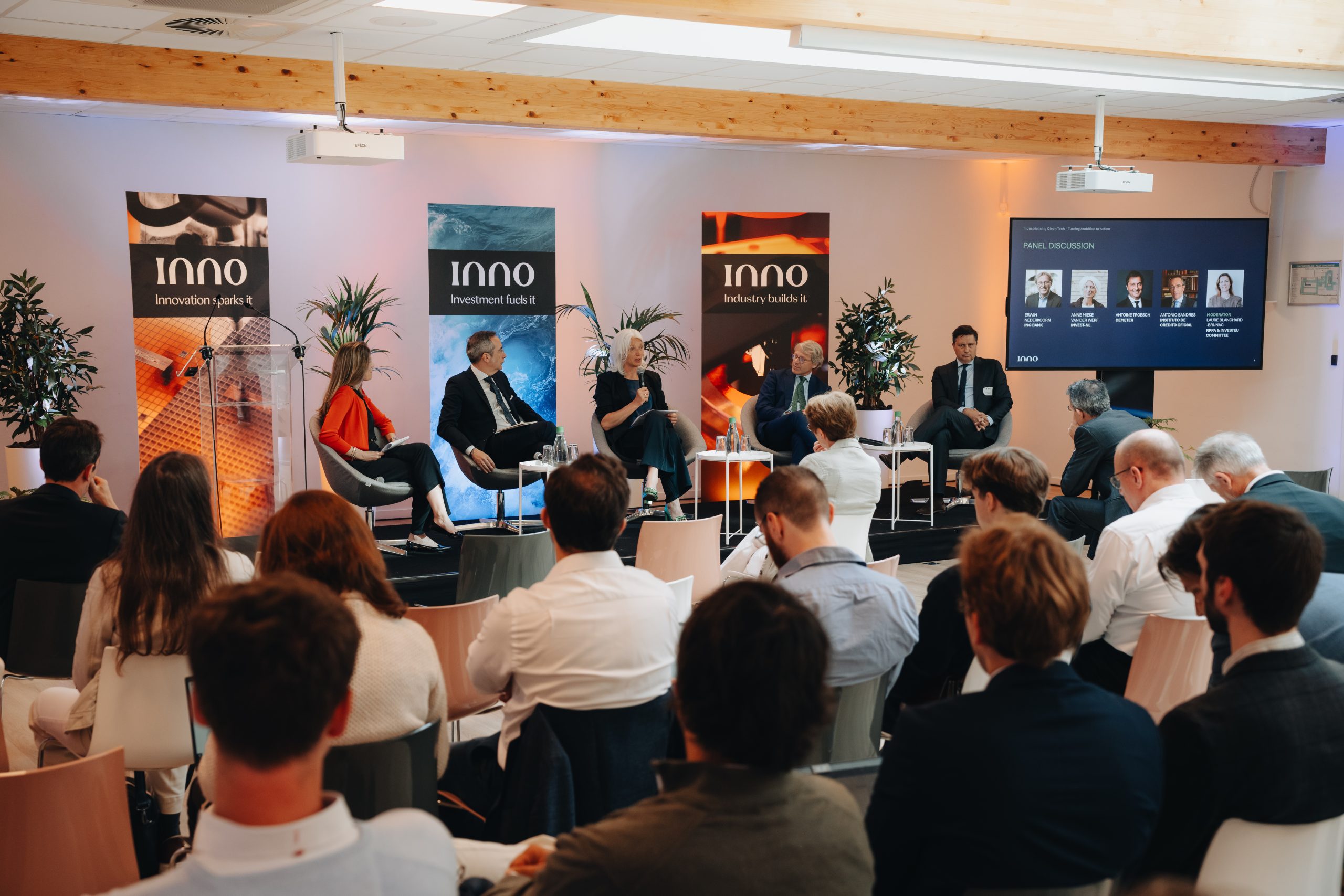
Jean-Christophe Laloux, Director General at the EIB opened the discussion on financing through a video address highlighting the key role of the EIB in addressing the scale up challenge notably through its offer of blended financing instruments and guarantees.
The address was followed by a panel on bolstering Europe’s investment offering, there was broad consensus among investors panelists: Europe has a solid and growing pipeline of clean tech projects and willingness for better collaboration between public and private investors to scale projects.
Key takeaways from the panel session with speakers from ING, Demeter and national promotional banks Invest NL and ICO:
- Regulatory clarity is critical. Risk must be managed for institutional investors. Long-term, stable policy frameworks help derisk clean tech. The EU is leading on this front, but continued regulatory predictability will be key to attract more capital.
- Clean tech is capital intensive. Competing with other sectors like digital with lighter capital models is a challenge using the existing financial products and structures.
- Tailored financing tools are essential. Instruments like InvestEU would benefit from additional flexibility to offer a better mix of debt and equity to meet scale-up needs. Shifting from grants to more targeted financial products not only serves startups and scale-ups better, it can also deliver returns for the public budget.
Building Europe’s clean tech industrial powerhouse
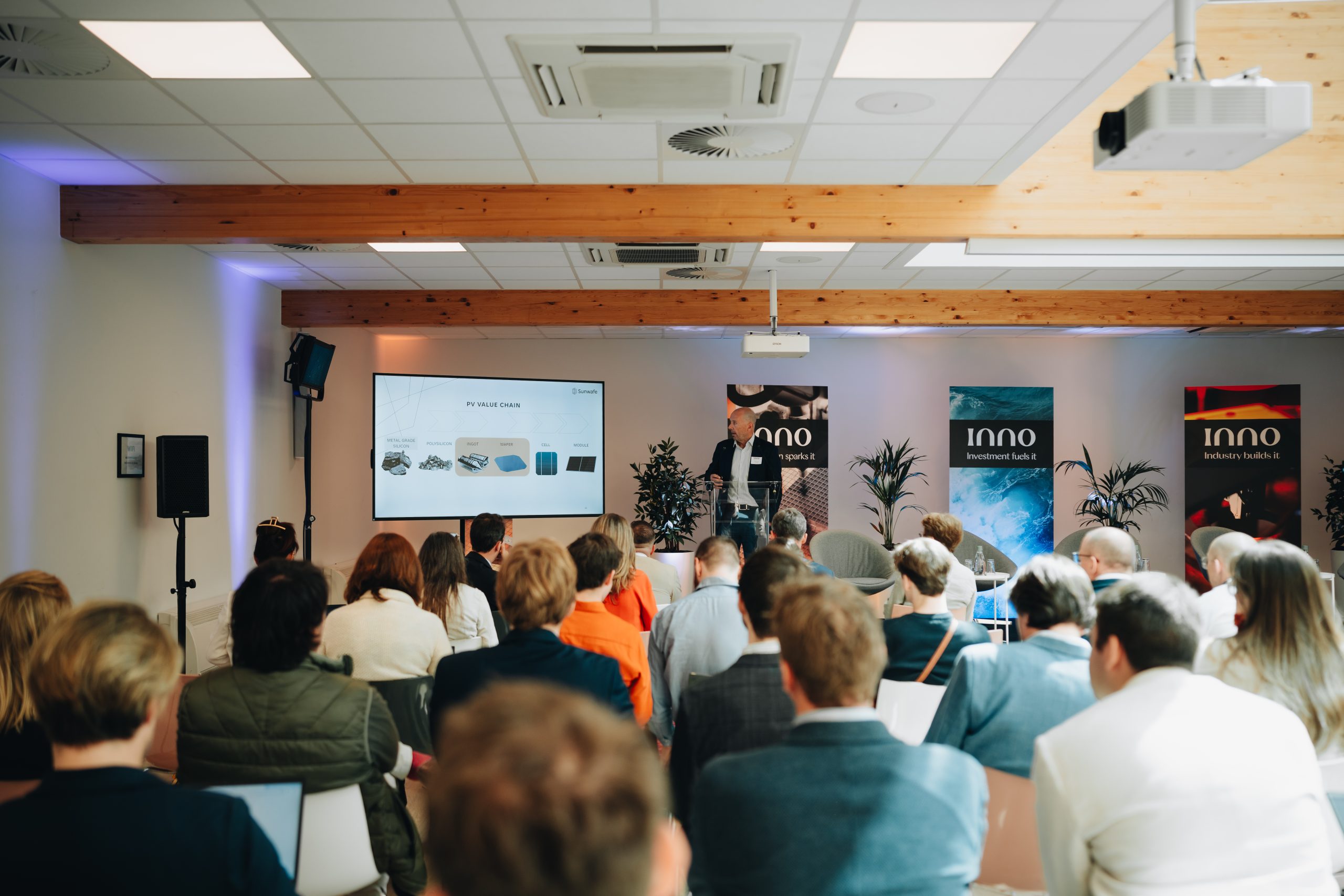
Sunwafe, a new company initiated t by InnoEnergy to manufacture ingots and wafers for solat PV cells was presented for the first time in Brussels. This was followed by a presentation from Rio Tinto on the upsides for established industries of partnering with greenfield industrial projects like GravitHy.
The two interventions speeches set the scene for a second panel on building greenfield project in the EU with panelists from Business France, European Commission DG GROW, Stegra and Maire (FertigHy investor). They key takeaways from the session were as follows:
- Europe has strong foundations. With its large market, stable regulatory environment, and long-standing industrial footprint, Europe remains an attractive destination for green industrial projects and startups.
- Offtake potential is already materialising. Willingness to pay a green premium is growing in sectors such as automotive, food and drink. Major players Rio Tinto and Maire see the clear upside of partnering with startups to reduce their emissions and maintain a competitive edge in the market. Supportive regulation e.g. “Made in Europe” requirements and other Clean Industrial Deal initiatives are essential to advancing business cases.
- Further reinforcing viability and investability of projects is key. Beyond demand, panellists discussed additional critical pillars to ensure the success of clean tech industrial projects:
- Site readiness and energy supply strategy: Choosing the right location, as seen in the French government’s proactive approach, means ensuring land availability, fast permitting, grid connection, and competitively-priced decarbonised power.
- Smart supply chains: Securing critical raw materials is vital. Projects like Sunwafe, highlight the importance of strategic sourcing and supplier development, in this case polysilicon.
3. Industrial know-how: Mastering production processes and working with the right partners on technology are essential.
The session was concluded by Diego Pavia, who underlined that Europe has all the tools to succeed at its disposal, speedy implementation is the key to turning ambition into action.
